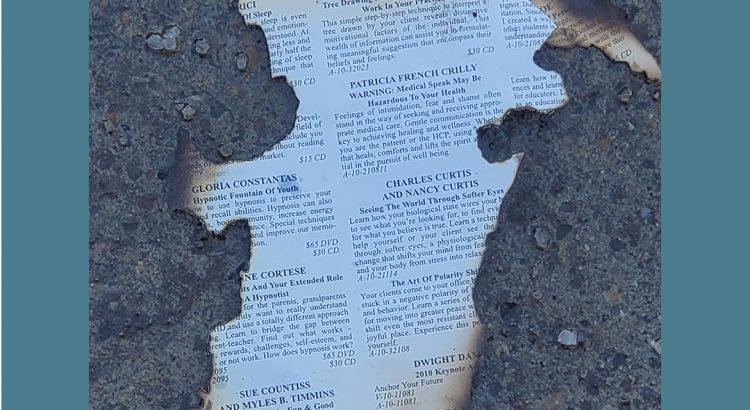
My writing has become the target of a bad fanfiction reading.
Fanfiction is a popular source of comedy on Youtube, where channels will select the worst, most cringiest piece of fanfiction they can find on the Internet and lambast it for an eager public. Think of a dramatic reading of the Harry Potter fanfic My Immortal.

So imagine my surprise when I discovered one of my one fanfics featured in an episode of the Bad Reading Podcast.
My initial reaction was alarm. Oh my gosh! There’s someone publicly judging what I wrote on the Internet!
But after I got over the initial shock and horror, I realized this wasn’t a bad thing after all.
As you begin your writing career, you’re going to encounter dissenting opinions about what you create. And that’s okay! It’s important to learn that you’re not going to be everyone’s cup of tea.
“You can be the ripest, juiciest peach in the world, and there’s still going to be somebody who hates peaches.”
Dita Von Teese
The featured guest on the podcast loved Sailor Moon, hence the reason why my crossover was selected for the show.
But my story is about 85% Hey Arnold! with about 15% Sailor Moon, so the readers were left frustrated that my fanfic didn’t deliver on the epic transformation sequences they craved and resorted to Muppet impersonations for the majority of the podcast. Needless to say, my writing was not well received.
You will eventually find yourself on the business end of criticism, especially when you subject your work to people outside your network, such as in a critique group. Here are some actionable steps you can take to handle the criticism. Because let’s face it – it WILL come.
Temper Your Emotions/Don’t Take it Personal
The initial reaction to criticism about your writing is to get angry. It’s not hard to see why! Writers deem their output as a personal extension of their self-worth and value. To reject your work is to reject who you are as an individual.
It’s important to not get caught up in this line of thinking. If someone doesn’t like your writing, that doesn’t reflect how they feel about you as a person. Take a deep breath, and accept that you are not the quality of your writing (or lack thereof).
Listen and Learn
Again, your initial knee-jerk reaction to criticism is likely to defend yourself and your writing choices. I’m going to politely suggest that you resist this urge and ferme la bouche. We’re given two ears and one mouth for a reason.

And who knows? If you take a step back and actually listen to the feedback you receive, you might even learn a thing or two, like how to improve on a story you’ve been writing or a plot element that’s got you stuck.
Have a Sense of Humour
In the writing process, you have to learn not to take yourself seriously all the time. Mistakes and flubs will happen, and often they will be entirely your fault due to lack of research or a shoddy read through.
For example: a linoleum carpet.
Anyone with any sort of inkling for interior design understands that there’s no such thing as a carpet made out of linoleum. And yet I wrote that and failed to catch it in my story. Rather than get worked up, I just got to roll with the punches, shrug it off, laugh, and take the L on that oversight.
In the end: the best advice I can provide is that Everyone’s a Critic.

Not every bit of negative of feedback you receive will be right. HOWEVER, neither will every word you put on the page or on the screen.
Keep an open mind as a writer. You’ll only get better if you learn from your mistakes…and half the battle is identifying what those mistakes are.

